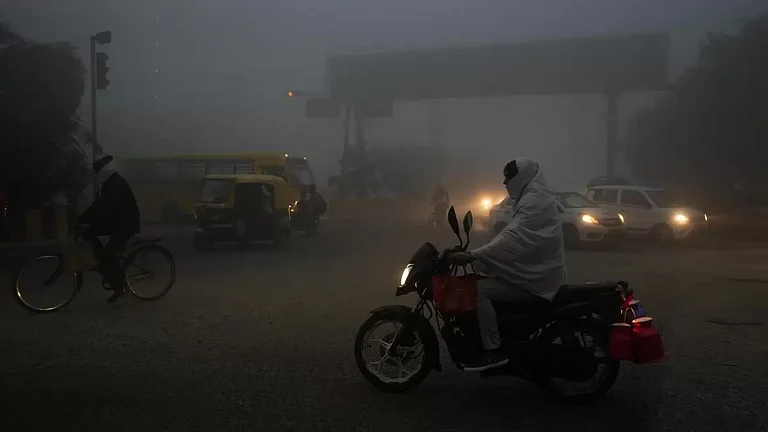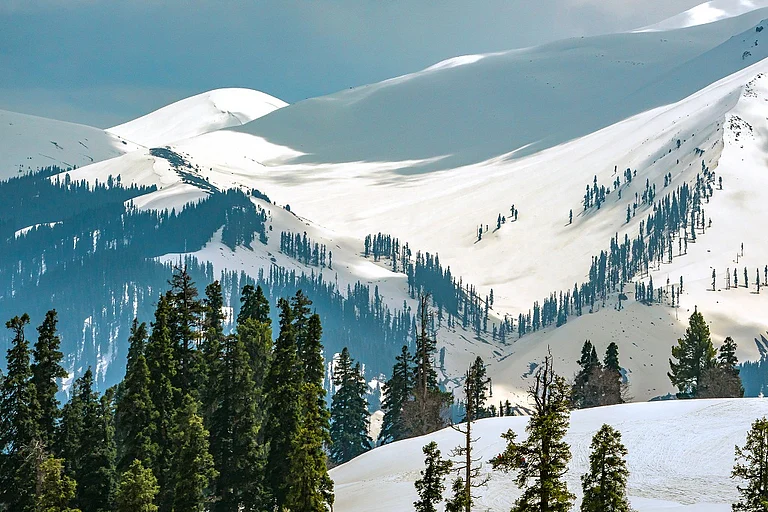In an unprecedented turn of events, the Texas Panhandle finds itself in the grip of a relentless wildfire outbreak, prompting Republican Governor Greg Abbott to declare a state of disaster for 60 counties. The inferno, which has rapidly grown to rival the largest in state history, has forced widespread evacuations and has left communities grappling with its ferocity.
The fires, fueled by very high winds and exceptionally dry conditions, have spread at an alarming rate, catching many off guard. Samuel Scoleri, a forecaster at the National Weather Service Amarillo office, described Monday's conditions as "the perfect set up" for such devastation.
Wind speeds in some areas soared upwards of 60 miles per hour (100 kilometers per hour), exacerbating the already intensely dry landscape where relative humidity levels dropped as low as 20 percent.
Melissa Toole, administrative associate at Texas A&M Forest Service, expressed astonishment at the speed at which the fires are advancing, stating that such rapid spread is "definitely not standard."
Leighton Chachere Gibson, a communications specialist at Texas A&M Forest Service, highlighted the alarming reality that flames equivalent to the height of a one-story building can consume the length of a football field in just one minute.
This outbreak of wildfires, though not uncommon for the region at this time of year, has reached unprecedented levels of intensity. The Smokehouse Creek Fire, the largest among the blazes, ballooned from about 800 square miles to over 1,300 square miles in a matter of days.
While Wednesday's weather forecast offers a brief respite with lighter winds and a possibility of light rain on Thursday morning, Samuel Scoleri warns of a potential return to perilous conditions over the weekend, albeit less severe than those seen earlier this week.
As of early Wednesday afternoon, containment efforts have yielded only a 3 percent success rate against the Smokehouse Creek Fire. Containment, crucial in preventing the fire's spread, involves establishing fuel breaks and maintaining confidence that the fire won't breach established lines during adverse weather conditions. Full control of the fire will require mitigating all threats to containment lines, ensuring the safety of communities and properties at risk.




























